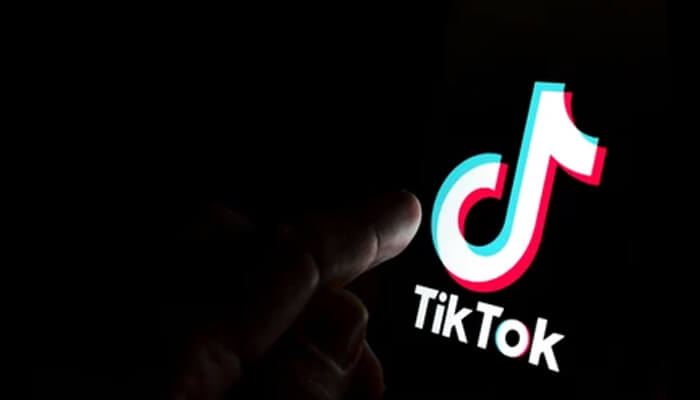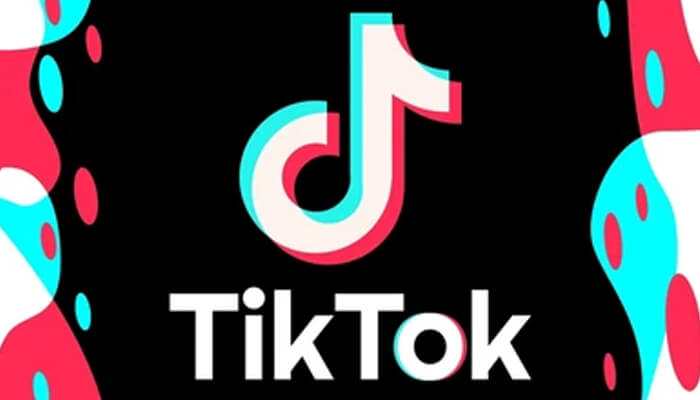TikTok Founder Shou Zi Chew will open a lion’s mouth and place his own head inside on Thursday.
He’s delivering testimony in front of the United States Congress for the first time, which is a terrifying prospect.
And at stake is the future of the incredibly successful video-sharing app in the United States.
“I think there’s a real chance that if this trial doesn’t go well… it may have a significant influence on TikTok’s future,” Chris Stokel-Walker, author of TikTok Boom, said.
Mr. Chew will almost certainly be bombarded with questions about TikTok’s relationship with China, what data it gathers, and what it does with it.
He’ll also be questioned about why ByteDance personnel spied on multiple journalists, which TikTok has already confessed.
Mr. Chew will claim that user data is secure and out of reach of the Chinese government.
He is aware that lawmakers on all sides want the platform to be sold or outright outlawed in the United States.
“He’s walking into the lion’s den,” Mr Stokel-Walker predicted.
Mr. Chew will have to give a lifetime performance. Close watchers have already noticed a shift in strategy from the Singaporeans.
TikTok’s CEO, who has held a variety of prominent positions in finance, usually wears a suit jacket and tie.
On Tuesday, though, he posted a TikTok with a drastically different appearance.
As opposed to a suit, he was dressed casually in a white T-shirt and hoodie, the uniform of the tech founder.
The 40-year-old was abruptly sounding like a youngster, describing himself as “very enthusiastic.”
“I think he’s trying to give off a sort of casual tech bro vibe,” said Caitlin Chin of the bipartisan Center for Strategic and International Studies.
“He’s actually been gaining a little more of a public profile, particularly in the run-up to this hearing.”
Since assuming over TikTok in 2021, the Singaporean has maintained a low-profile.
That strategy, though, appears to have shifted. Mr Chew is aware that TikTok is battling for its existence.
The fact that TikTok is controlled by a Chinese corporation, ByteDance, is a major issue in the United States and Europe.
In China, certain rules force enterprises to provide information to the Chinese Communist Party if asked.
TikTok collects massive amounts of data about its customers, particularly location and biometric information.
TikTok has long maintained that it will never share user information.
It has spent tens of millions of dollars on lobbying and government-appeasement methods.
“Project Texas” is at the heart of its efforts to persuade American lawmakers.
This is the business’s pledge to keep US data located in the United States – on servers maintained by a US corporation, Oracle.
The corporation has spent $1.5 billion on this initiative so far, and portrays it as a “firewall” that shields data from foreign governments.
Bottom Line
Senator Richard Durbin’s great question during Mark Zuckerberg’s memorable Senate committee in 2018 is well recalled.
“Would you be comfortable with sharing with us where the hotel you stayed in last night, Mr Zuckerberg?” he asked.
Before replying “no,” Facebook’s CEO appeared clearly uncomfortable.
“This is what I’m talking about when I say, ‘this is what I’m talking about,'” he says.
Shou Zi Chew should be wary of these unexpected questions.




